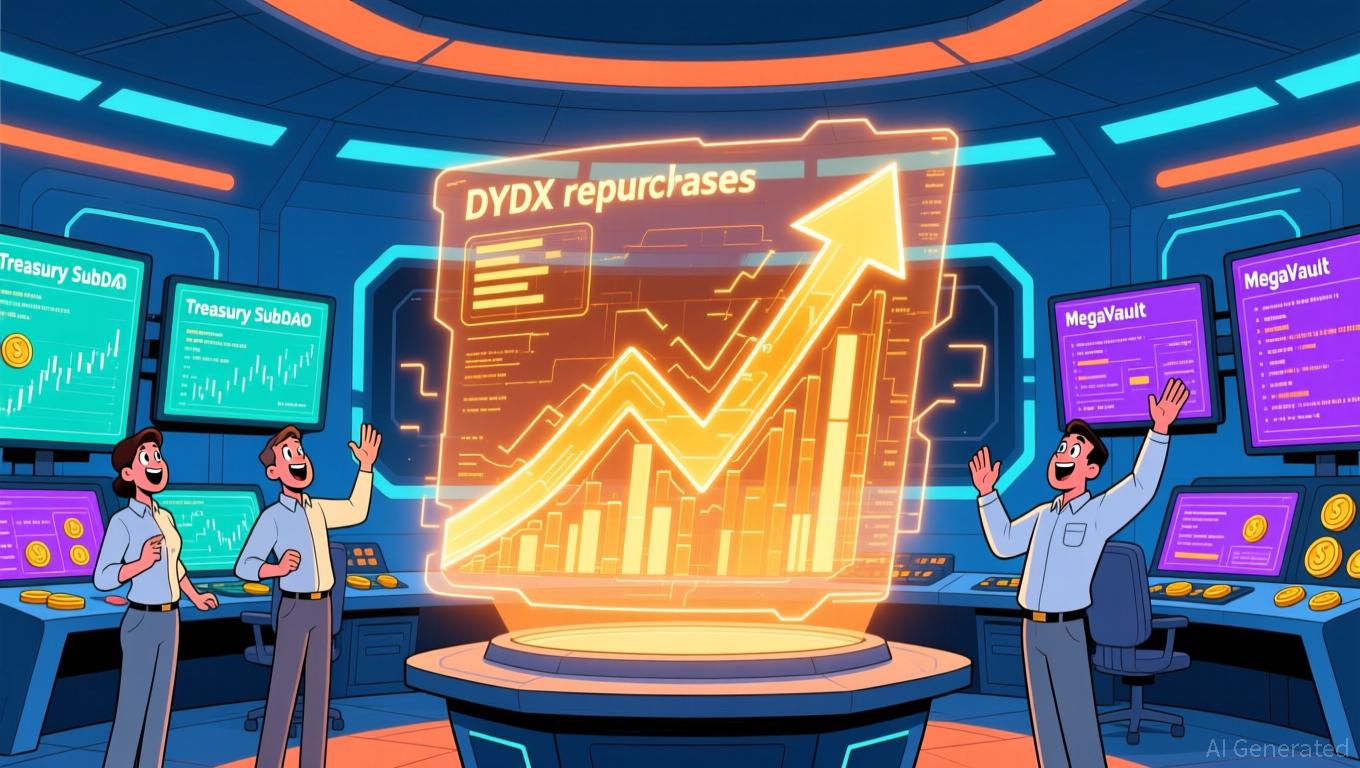Taiwan Considers Adding Bitcoin to National Strategic Reserves
Taiwan is taking a major step toward integrating Bitcoin into its national financial strategy. As the country’s Executive Yuan and Central Bank begin evaluating the idea of holding Bitcoin as part of its strategic reserves. According to a report from Bitcoin Magazine, the proposal includes piloting Bitcoin treasury holdings using seized BTC that is currently awaiting auction. If approved, Taiwan would become one of the first Asian economies to formally study Bitcoin’s role as a strategic reserve asset. This signals a major shift in regional monetary policy.
A Push for Diversification and Financial Resilience
The initiative is being led by Legislator Dr. Ju-chun Ko, who has been one of Taiwan’s most vocal advocates for Bitcoin policy reform. Ko argues that Bitcoin can serve as a complementary reserve asset alongside gold and the U.S. dollar. It helping Taiwan strengthen its financial resilience in a rapidly changing global economy. “Bitcoin’s fixed supply and decentralized nature make it an ideal diversification tool,” Ko said earlier this year. “Even a small allocation could protect Taiwan against global currency risks and systemic shocks.”
Taiwan’s current reserves include 423 tons of gold and $577 billion in foreign currency, of which nearly 92% is held in U.S. Treasuries. Lawmakers now fear that such heavy dependence on the dollar could expose the island nation to economic vulnerabilities. It is particularly amid rising inflation and geopolitical tensions in East Asia.
Central Bank to Pilot Bitcoin Holdings
According to JAN3, a Bitcoin technology firm led by Samson Mow, the Taiwanese government will pilot BTC holdings. While using seized Bitcoin from law enforcement cases before expanding the program. The coins, which were previously marked “to be auctioned.” This will be managed under a new custody framework being drafted by financial regulators.
The Central Bank and Executive Yuan are reportedly working on a pro-Bitcoin regulatory draft. That would define how they can integrate digital assets into the nation’s treasury system. This framework aims to establish legal clarity for state-managed Bitcoin holdings . While ensuring compliance with international financial standards. Mow, who is advising the project, called Taiwan’s move “a forward-thinking step.” That aligns with global trends in sovereign Bitcoin adoption.
Following the Global Shift Toward Bitcoin
Taiwan’s decision comes as more countries explore Bitcoin as a strategic hedge. Earlier this year, the United States established a Strategic Bitcoin Reserve. It holds roughly $17 billion in forfeited BTC. Similarly, El Salvador and Argentina have advanced efforts to incorporate Bitcoin into their national reserve or monetary systems. Dr. Ko referenced these examples in a May speech to the Legislative Yuan. He stated that “Taiwan cannot afford to ignore a monetary evolution already embraced by major economies.”
While the initiative remains in its early stages, momentum is clearly building. The Central Bank’s evaluation, supported by lawmakers and private Bitcoin advocates. It could mark the beginning of Asia’s first sovereign-level Bitcoin experiment. If successful, Taiwan’s Bitcoin reserve pilot may not only diversify its treasury. But also set a precedent for other regional economies seeking independence from traditional reserve assets.
Disclaimer: The content of this article solely reflects the author's opinion and does not represent the platform in any capacity. This article is not intended to serve as a reference for making investment decisions.
You may also like
"Digital Privacy Advocate's Rights Reinstated, Underscoring Worldwide Disputes Over Technology Regulation"
- Telegram founder Pavel Durov regains full travel freedom after French judicial restrictions were lifted, following a year of compliance with supervision terms. - French prosecutors continue investigating Telegram for alleged complicity in criminal activity, including child abuse material, with potential 10-year prison charges. - Durov denies allegations, criticizes French procedures as "dystopian," and challenges legal classifications while seeking EU court rulings on digital governance issues. - The cas

dYdX Implements 75% Buyback: Synchronizing Holder Rewards with Platform Growth
- dYdX community approved 75% protocol fee allocation for token buybacks, up from 25%, via a 59.38% voter majority on November 13, 2025. - The revised distribution aims to reduce DYDX supply, enhance scarcity, and align token holder incentives with platform performance through automated, transparent buybacks. - 5% of fees now fund Treasury SubDAO and MegaVault for ecosystem development, balancing supply reduction with staking incentives and research-driven growth. - Analysts highlight this as a DeFi govern

XRP News Today: XRP ETF Debut Marks Transition Toward Utility-Focused Digital Assets as Regulators Approve a New Phase
- Canary Capital's XRPC ETF became the first U.S.-listed spot XRP ETF, trading $26M in 30 minutes on Nasdaq. - The launch followed SEC approval via Form 8-A and reflects growing institutional demand for RippleNet's cross-border payment utility. - XRPC outperformed Solana ETF's $56M first-day volume in pre-launch on-chain activity but faces whale profit-taking and mixed technical indicators. - Regulatory clarity post-July 2025 and XRPC's pure spot structure differentiate it from derivative-based XRPR ETFs,
ZK Nation Empowers Holders to Directly Manage Token Supply
- ZK Nation proposes ZKTokenV3 upgrade with permissionless burn functionality, a key step in programmable supply management. - New features include public token burning, BURNER_ROLE authority, and a 21 billion ZK supply cap enforced during minting. - Upgrade aims to decentralize supply control, enabling holders to directly impact scarcity without centralized governance. - Analysts highlight reduced inflation risks and increased market confidence, with voting active until November 13.
